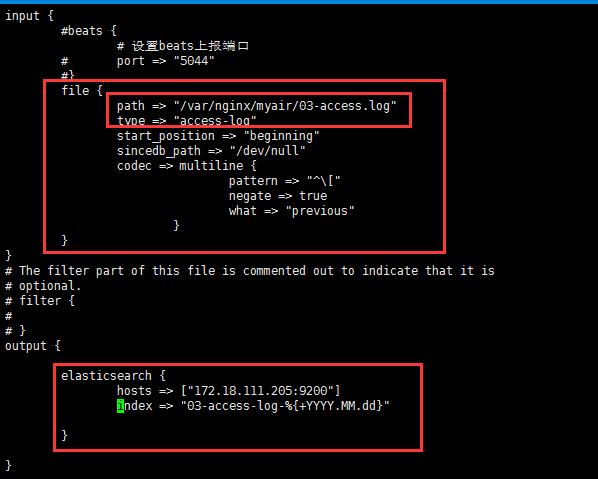

- Securing filebeats how to#
- Securing filebeats install#
- Securing filebeats generator#
- Securing filebeats software#
To check if elasticsearch has been started: (Then adjust the following line as follows) (add the following line at the beginning) Successfully created system startup script for Logstash Using provided startup.options file: /etc/logstash/startup.options


Securing filebeats install#
Mv /etc/filebeat/filebeat.yml /etc/filebeat/ĭownload logstash debian install package and configure it Save the repository definition to /etc/apt//elastic-5.x.list:Įcho "deb stable main" | sudo tee -a /etc/apt//elastic-5.x.listįilebeat reads lines from defined logs, formats them properly and forwards them to logstash while maintaining a non-clogging pipeline stream restenabletls true The X.509 certificate chain file in PEM format to use for securing the REST API. Java HotSpot(TM) 64-Bit Server VM (build 25.144-b01, mixed mode)įacilitate updating of all packages via APT repositories
Securing filebeats how to#
Java(TM) SE Runtime Environment (build 1.8.0_144-b01) It is shown how to get started with it, how to leverage modules and outputs, as well as how to handle more advanced scenarios related to resilience. Next copy the log file to the C:/elk folder.Apt-get install python-software-properties software-properties-common EDIT: based on the new information, note that you need to tell filebeat what indexes it should use. You can also crank up debugging in filebeat, which will show you when information is being sent to logstash. Check /.filebeat (for the user who runs filebeat). The hosts specifies the Logstash server and the port on which Logstash is configured to listen for incoming Beats connections. Filebeat keeps information on what it has sent to logstash. We are specifying the logs location for the filebeat to read from. Open filebeat.yml and add the following content. # Sending properly parsed log events to elasticsearch #If log line contains tab character followed by 'at' then we will tag that entry as stacktrace # Read input from filebeat by listening to port 5044 on which filebeat will send the data
Securing filebeats generator#
Online Grok Pattern Generator Tool for creating, testing and dubugging grok patterns required for logstash. Here Logstash is configured to listen for incoming Beats connections on port 5044.Īlso on getting some input, Logstash will filter the input and index it to elasticsearch. Similar to how we did in the Spring Boot + ELK tutorial,Ĭreate a configuration file named nf. Create a certificate authority (CA) and use it to sign the. This ensures that Filebeat sends encrypted data to trusted Logstash servers only, and that the Logstash server receives data from trusted Filebeat clients only. Logstash itself makes use of grok filter to achieve this. You can use SSL mutual authentication to secure connections between Filebeat and Logstash.

This data manipualation of unstructured data to structured is done by Logstash. Suchĭata can then be later used for analysis. We first need to break the data into structured format and then ingest it to elasticsearch. When using the ELK stack we are ingesting the data to elasticsearch, the data is initially unstructured. kibana UI can then be accessed at localhost:5601ĭownload the latest version of logstash from Logstash downloads Run the kibana.bat using the command prompt. Modify the kibana.yml to point to the elasticsearch instance. Elasticsearch can then be accessed at localhost:9200ĭownload the latest version of kibana from Kibana downloads You can use role-based access control and optionally, API keys to grant Filebeat users access to secured resources. Run the elasticsearch.bat using the command prompt. The following topics provide information about securing the Filebeat process and connecting to a cluster that has security features enabled.
Securing filebeats software#
DevOps Engineer, Software Architect and Software Developering. This tutorial is explained in the below Youtube Video.ĭownload the latest version of elasticsearch from Elasticsearch downloads Trivy: An Open Source Vulnerability and Misconfiguration Scanner.


 0 kommentar(er)
0 kommentar(er)
